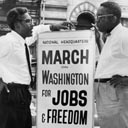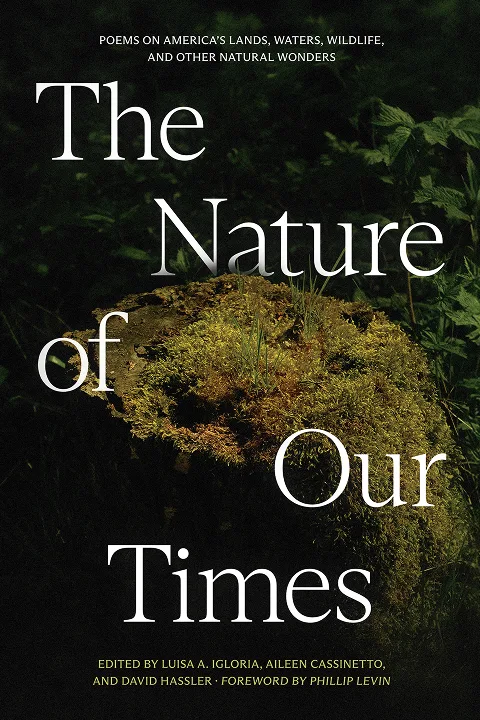
On May 2, as President Obama arrived in Mexico City, hundreds gathered outside the heavily fortified United States Embassy to protest his visit, U.S. immigration policies, and U.S. economic and political influence in the region.

The last year has seen a dramatic uptick in press coverage of Chinese environmental issues. There have also been a number of books published on the subject, with more due out soon. So this seemed a good moment to get in touch with Ralph Litzinger, an anthropologist based at Duke University.

Many people have been criticizing President Obama for dithering over what to do in Syria. Not me; dithering seems an entirely rational response to what’s going on there. The difficulty is that we don’t really know what we want to …

Young people in China are divorced from their country’s recent history. With no memory of Mao Zedong, they can glean little from a censored environment. Their parents, by and large, don’t talk about their experiences

Sarah and Josh discuss port trucker organizing in Savannah, fast food strikes in St. Louis, and one union’s experiment with using collective bargaining as a weapon against big banks. Then they consider the anti-union record of Obama’s new nominee for the Commerce Department, and the Democratic Party’s future with organized labor.

A great human disaster is now unfolding in the Eurozone countries that have agreed to slash spending, wages, and living standards. One facet of this story that has received too little attention is the effect of these measures on the health of these nations.

Sarah and Josh interview Hyatt hotel housekeeper Cathy Youngblood, a leader in UNITE HERE battling with the hotel giant, on Obama’s choice of a Hyatt heir to run the Commerce Department, and her “Someone Like Me” campaign calling for a worker to be added to Hyatt’s board. Plus labor news and “I wish I’d written that!”

There is much to be learned from the lives and times of Ed Koch and David Dinkins, New York’s last two Democratic mayors. Their New York may not be as far away as it feels at the center of a thoroughly sanitized Times Square.

Today marks the rallying of the international labor movement. We asked our favorite labor journalists and scholars to pick highlights from the last year of general strikes, minority strikes, walkouts, and international solidarity. Here’s what they chose.

The March on Washington was initiated not to break down racial barriers to voting rights, education, and public accommodations but to highlight “the economic subord-ination of the Negro” and advance a “program for economic justice.”

For low-wage workers, it’s almost insanely risky to strike. This Wednesday, they went on strike in Chicago. Why? YOLO.

Sarah and Josh talk strikes: the latest wave of one-day, low-wage, non-union work stoppages and, hypothetically, what might happen if everyone doing care work in America…stopped.

Patricia thought she had crossed the border to a land where she could finally earn a good living. She ended up in one of the worst places to be a woman. As a migrant farmworker, she was brutalized and raped …

For Zadie Smith, the time had come for the radicalism of experiment and the realism of political economy—for a new social realism that was capable of capturing both the mechanics and experience of today’s growing inequality.

Belabored interviews the BBC’s Paul Mason and talks minimum wage, maximum subsidies, the expansion of Working America, the end of the American Crystal Sugar lockout, the beginning of a strike at “Fashion Police,” and the role of guestworkers in the immigration debate.




















